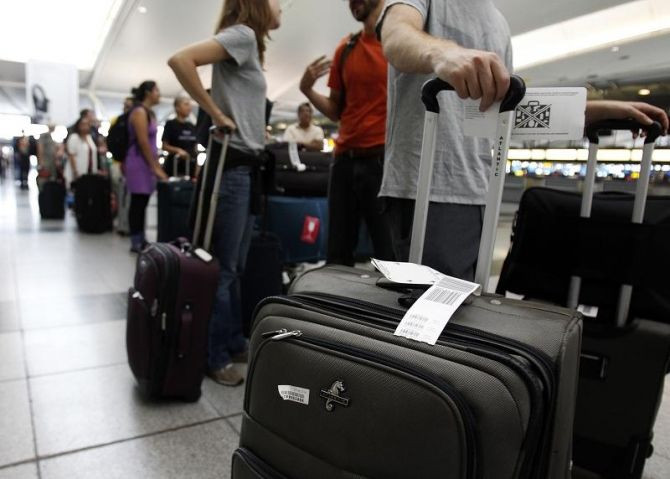CDC: Surveillance May Counter Imported Wildlife Diseases at Airports

A new study suggests that the implementation of disease surveillance of the illegal wildlife trade will help facilitate prevention of disease emergence, as researchers identified products at international airports in the U.S. that are bringing diseases from overseas.
Items confiscated during a study at John F. Kennedy International Airport, George Bush Intercontinental-Houston and Atlanta Hartsfield-Jackson International included raw to semi-cooked animal parts from baboons, chimpanzees, and various rodent species.
The study led by the U.S. Centers for disease control was published in the journal Plos ONE.
Researchers identified pathogens for a zoonotic retrovirus, simian foamy viruses, and several nonhuman primate herpes viruses on the products confiscated.
The U.S. is one of the largest consumers of imported wildlife, including pets and bushmeat. U.S. Fish and Wildlife records show that more than 55 million pounds of wildlife products enter the country each year. According to the CDC, 75 percent of emerging infectious diseases originate from contact with wildlife.
"Exotic wildlife pets and bushmeat are Trojan horses that threaten humankind at sites where they are collected in the developing world as well as the U.S.,” said W. Ian Lipkin of Columbia University's Mailman School of Public Health. “Our study underscores the importance of surveillance at ports, but we must also encourage efforts to reduce demand for products that drive the wildlife trade.”
Published by Medicaldaily.com



























